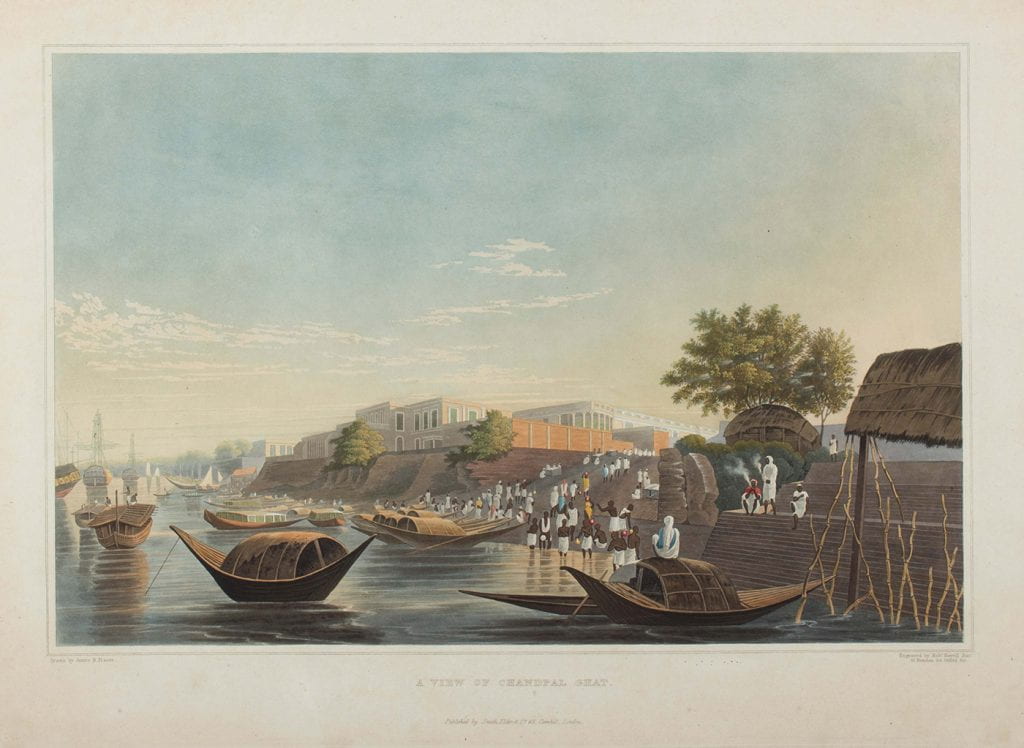
Colonialism, Development, and the Environment in Africa and Asia
HIST 75/AAAS 50/ASCL 54.07/ENVS 45. Taught by Douglas Haynes.
Time: MWF 10:10-11:15, Th 12:15-1:05
This course examines the environmental history of Africa and Asia, focusing on the period of European colonialism and its aftermath. Topics include deforestation and desertification under colonial rule; imperialism and conservation; the consequences of environmental change for rural Africans and Asians; irrigation, big dams and transformations in water landscapes; the development of national parks and their impact on wildlife and humans; the environmentalism of the poor; urbanization and pollution; and global climate change in Africa and Asia.
The Global British Empire from 1600-Present
HIST 90.14. Taught by Tiraana Bains.
Time: MWF 2:10-3:15, Th 1:20-2:10
This course charts the long history and continuing legacies of the British Empire, an entity that has transformed every single continent over the last four centuries and is widely associated with the makings of the modern world. We examine how and why a powerful and expansive British Empire emerged and sustained itself. Equally, we zoom in on the regular contestation and even outright rebellion that this transcontinental polity inspired. This course is an opportunity to think connectively and comparatively about historical experiences in America, India, the Caribbean and Africa among multiple other British imperial spaces. Through the prism of a changing British Empire, we trace the rise and evolution of global trade, slavery, the consumption of commodities such as sugar, tea, opium, and cotton; and new ideas about governance, sovereignty, race and identity. We conclude with a discussion of the persistence of imperial institutions, laws and power relations in shaping the world we inhabit. Students will be introduced to major debates about imperialism and colonialism and the political, economic, environmental, legal and racial underpinnings of the British Empire. Students will read a combination of primary and secondary sources every week and will develop a research paper drawn from original sources over the course of the term.
Sacred Architecture of Asia
ASCL 70.01/ARTH 38.01. Taught by Allen Hockley.
Time: MWF 10:10-11:15, Th 12:15-1:05
This course provides an introduction to the sacred architecture of Asia and the Middle East through a series of case studies that include Buddhist monasteries, Hindu temples, Mosques, Daoist and Confucian temples, Shinto shrines, funerary architecture, and the sacred dimensions of political authority as manifested in palaces, city plans, and mausolea. The pan-Asiatic nature and long historical development of Buddhism, Hinduism, and Islam affords opportunities to examine national and sectarian adaptations of architectural practices. This course has no prerequisites and assumes no prior experience with Asian religions or architectural studies.
